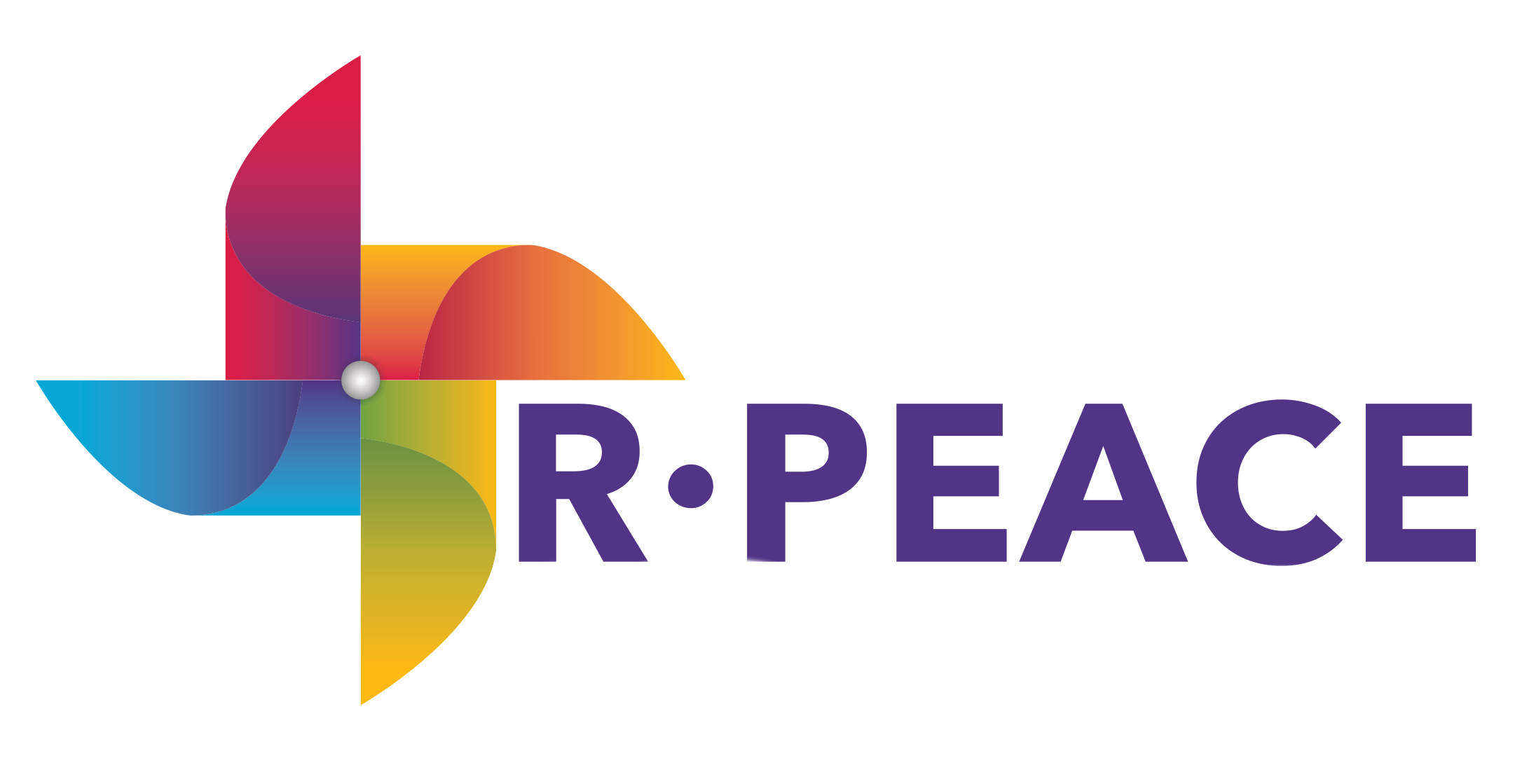Announcing a New Partnership with Port Elgin Regional School!
As part of R-PEACE’s focus on civic engagement in the Tantramar region we’ve formed another new partnership, this time with Port Elgin Regional School (PERS). The partnership is focused around the creation of a new course at Mount Allison (CENL 1991: Education, Mentorship and Athletics) and arises from a discussion with PERS principal, Christoph Becker, about problem-based learning (PBL). PBL is an experiential learning strategy that has long been recognized for its ability to cultivate students’ creativity, critical thinking, and team building skills through collaborative investigation. Becker sees the widespread implementation of PBL at his school as a compelling method of engaging, motivating and inspiring students. While there is little question of PBL’s efficacy in empowering students and building their self-confidence, formulating projects is not a simple task. They require a significant investment of time, something that is often in short supply for the PERS teaching staff. To create the space and time teachers need to develop their projects, community volunteers and students in our new course will work with PERS students for one afternoon per week in October and November.
Many Mount Allison students already possess considerable experience as coaches, mentors, and counsellors. This course provides an opportunity for them to put this knowledge into action in the form of community service and mentor-supported education for young students. After learning about the context in which they will be working, the challenges of rural communities and how to design community programming, MtA’s students will run an -week program on athletics, citizenship and outdoor education.
Studies of young adult-youth mentoring demonstrate repeatedly that the benefits of this developmental relationship for mentee and mentor are considerable, and that it need not be a structured relationship to achieve positive outcomes. Regular, sustained contact between young adults and elementary students, in classrooms or outdoors, while exercising, exploring, or conversing, is sometimes sufficient for children to alter their perceptions of themselves in relation to the wider world, encourage educational aspirations, improve physical and mental health, and even foster pride in their school. University students who work in the K-12 system frequently report that their grasp of structural inequality deepens, they gain a greater appreciation of the value of civic engagement, and a new-found sense of purpose. With such rich, reciprocal learning opportunities available to all students, we look forward to getting started on this new adventure.
